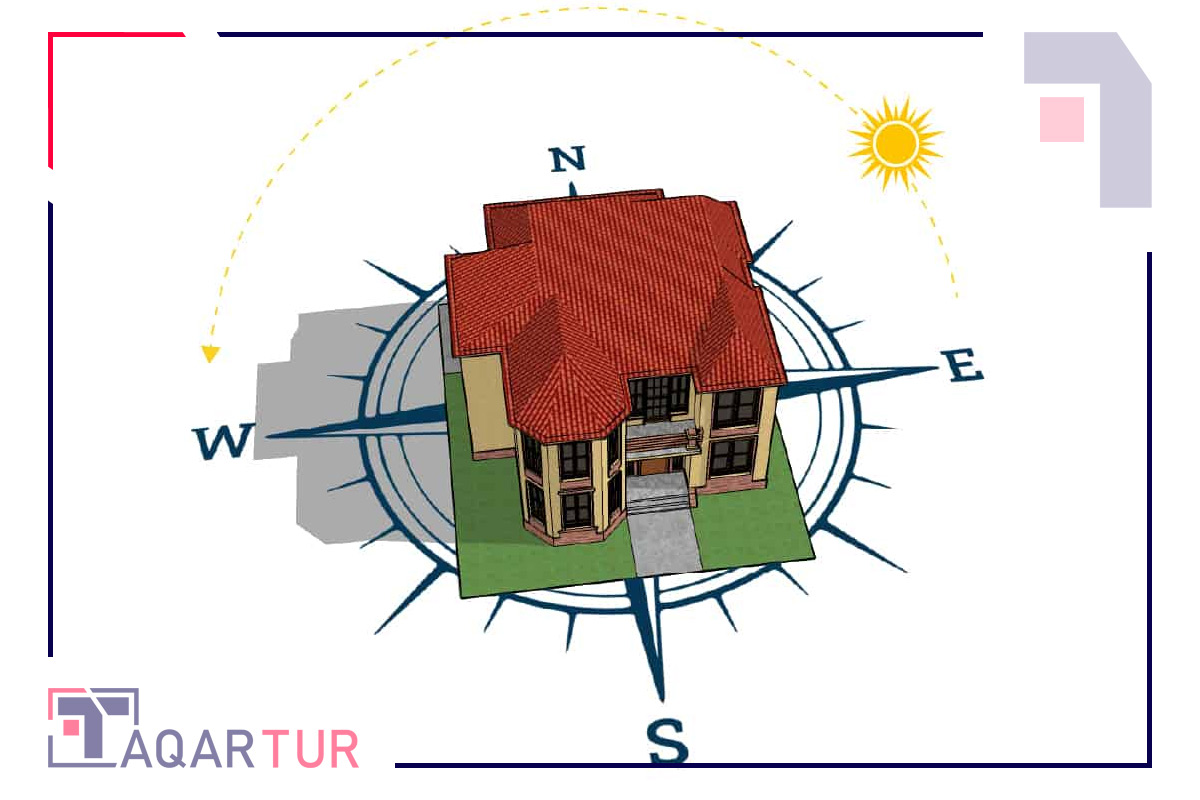When evaluating a property, the significance of natural light and the home’s orientation is often overlooked. However, these factors have a substantial impact on the quality of living, energy expenses, and the emotional and physical well-being of the occupants. Here is a breakdown of their importance:
Mood and Well-being:
Numerous studies have highlighted the health benefits of natural light, including:
- Mental Health: Sunlight increases the brain’s release of serotonin, a hormone associated with boosting mood and helping a person feel calm and focused. Lack of natural light can contribute to feelings of depression.
- Sleep Patterns: Exposure to natural light during the day can improve sleep quality and duration and reduce sleep disturbances by helping regulate our body’s internal clock or circadian rhythm.
- Vitamin D: Natural sunlight helps our bodies produce vitamin D, essential for bone health and immune system function.
Energy Costs and Sustainability:
The orientation of a home can impact energy consumption.
Heating and Cooling:
In colder climates, a home facing the sun (typically south in the Northern Hemisphere) can reduce heating costs by passively soaking up the sun’s warmth. Conversely, a north-facing home may remain cooler in hotter climates and reduce air-conditioning costs.
Artificial Lighting:
Homes with ample natural light can reduce the need for artificial lighting during the day, saving electricity bills.
Aesthetics and Ambience:
Natural light can enhance the beauty of interiors, make spaces look more extensive, and highlight interior design features. It can also improve the ambiance, making a home feel more inviting and comfortable.
Home Value:
Homes with good natural light and favorable orientations often have higher resale values.
Plant Growth:
If you’re keen on having indoor plants, the right amount of natural light is essential for their growth and well-being.
Direction and Orientation:
Depending on where you are in the world, the significance of the direction your home faces may vary:
Northern Hemisphere: A south-facing home will get the most sunlight throughout the day. East-facing homes get bright morning light while west-facing homes get the late afternoon sun, which can be hotter and harsher.
Southern Hemisphere: North-facing homes will get the most sunlight throughout the day. The dynamics of East and West remain the same.
Equatorial Regions: The difference in sun path isn’t as pronounced, so orientation plays a slightly different role.
When considering the direction a home faces, feel the presence of large trees, neighboring buildings, and other structures that might block sunlight.
In conclusion, How important is natural light and the direction the home faces?
while the importance of natural light and the direction a home faces will vary depending on individual preferences, they play a considerable role in the overall livability and enjoyment of a home for many people. If these factors are important to you, they should be a priority during your home search.

